Trinidad and Tobago's murder emergency
Gang violence in the Caribbean island nation has seen murder rates soar to unprecedented levels
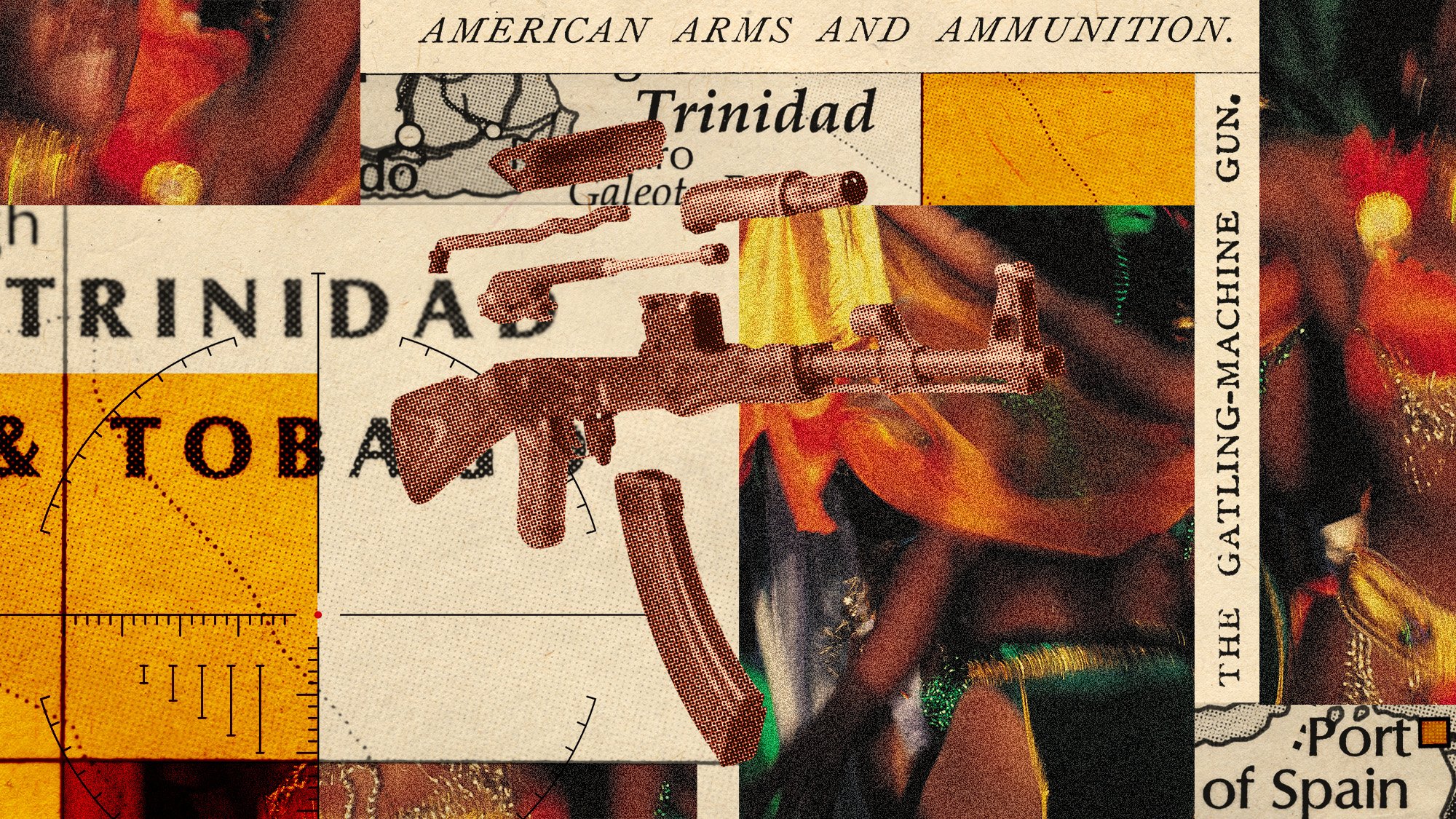
A free daily email with the biggest news stories of the day – and the best features from TheWeek.com
You are now subscribed
Your newsletter sign-up was successful
For many, Trinidad and Tobago is the epitome of a Caribbean paradise, but soaring homicide rates in the dual-island nation have pushed the government to declare a state of emergency following a "spate of murders"
Killings in the last weekend of December took the country's murder toll for the year to 623, an "unprecedented" number in a nation with a population of only 1.5 million, said The Guardian. Of these, police believe "nearly half" are tied to gang violence, with "almost all linked to organised crime", making Trinidad and Tobago "one of the most violent countries" across the Caribbean and Latin America.
A 'surge' in gangs and violence
"Tit-for-tat killings" across the nation's capital, Port of Spain, and beyond, are largely responsible for the nation's first state of emergency over crime "in more than a decade", said The New York Times. The declaration did not impose a curfew, but the military have been given additional powers to make arrests, and authorities will be able to "enter suspects' homes without warrants" and prevent the granting of bail.
The Week
Escape your echo chamber. Get the facts behind the news, plus analysis from multiple perspectives.

Sign up for The Week's Free Newsletters
From our morning news briefing to a weekly Good News Newsletter, get the best of The Week delivered directly to your inbox.
From our morning news briefing to a weekly Good News Newsletter, get the best of The Week delivered directly to your inbox.
Trinidad and Tobago has "struggled" to contain gang violence for "more than 25 years", but the past decade has seen a "surge" in deadly conflicts between its estimated 186 street gangs. The latest string of murders saw a man gunned down outside a police station in Port of Spain, with five people also killed in a nearby suburb. Authorities confirmed gangs had been using high-powered AR-15 and AK-47 weapons.
But Caribbean nations, including Trinidad and Tobago, "do not manufacture firearms themselves", said Al Jazeera, which has led to finger-pointing over the illegal importation of weapons. One source that "stands out" is the United States, the largest weapons exporter in the world, whose guns have been connected to crimes "from Haiti and Jamaica to Trinidad and Tobago".
However, with much of the republic's crime linked to the international drugs trade, the US state department believes "close proximity to Venezuela", alongside "porous borders", is to blame for the spike in violence, said the BBC.
A 'national sore'
The duration of the current state of emergency has not been confirmed, but in any case the measure may only be a "bandage on a national sore", Derek Ramsamooj, a political analyst, told The New York Times. Critics say the "societal causes for gang violence" must be directly tackled to see any significant lasting improvement.
A free daily email with the biggest news stories of the day – and the best features from TheWeek.com
The incumbent People's National Movement party may be wise to act quickly as Trinidad and Tobago "gears up" for an election that must be held by August, said the BBC. With the government under scrutiny for a perceived failure to stop the explosion of violence, it faces a "strong challenge" from opponents.
An ongoing state of emergency may also "put a damper" on the nation's "world-renowned Carnival" scheduled to wind through the streets in early March. A "major tourist attraction", Carnival is the country's annual highlight, but this year's celebration is likely to unfold with strict security measures in place.
Rebekah Evans joined The Week as newsletter editor in 2023 and has written on subjects ranging from Ukraine and Afghanistan to fast fashion and "brotox". She started her career at Reach plc, where she cut her teeth on news, before pivoting into personal finance at the height of the pandemic and cost-of-living crisis. Social affairs is another of her passions, and she has interviewed people from across the world and from all walks of life. Rebekah completed an NCTJ with the Press Association and has written for publications including The Guardian, The Week magazine, the Press Association and local newspapers.
-
 ‘Poor time management isn’t just an inconvenience’
‘Poor time management isn’t just an inconvenience’Instant Opinion Opinion, comment and editorials of the day
-
 Bad Bunny’s Super Bowl: A win for unity
Bad Bunny’s Super Bowl: A win for unityFeature The global superstar's halftime show was a celebration for everyone to enjoy
-
 Book reviews: ‘Bonfire of the Murdochs’ and ‘The Typewriter and the Guillotine’
Book reviews: ‘Bonfire of the Murdochs’ and ‘The Typewriter and the Guillotine’Feature New insights into the Murdoch family’s turmoil and a renowned journalist’s time in pre-World War II Paris
-
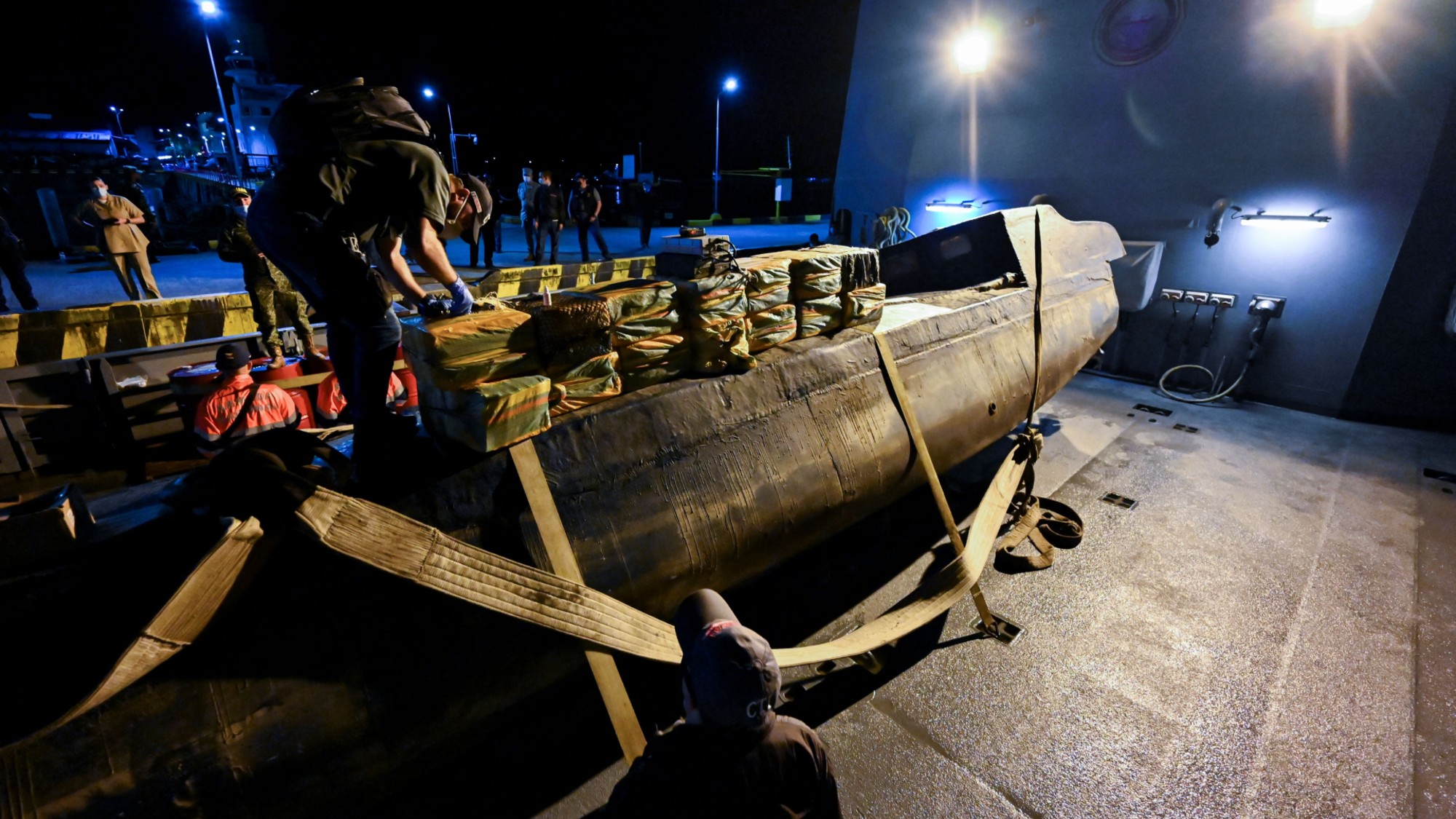 Narco subs are helping to fuel a global cocaine surge
Narco subs are helping to fuel a global cocaine surgeThe Explainer Drug smugglers are increasingly relying on underwater travel to hide from law enforcement
-
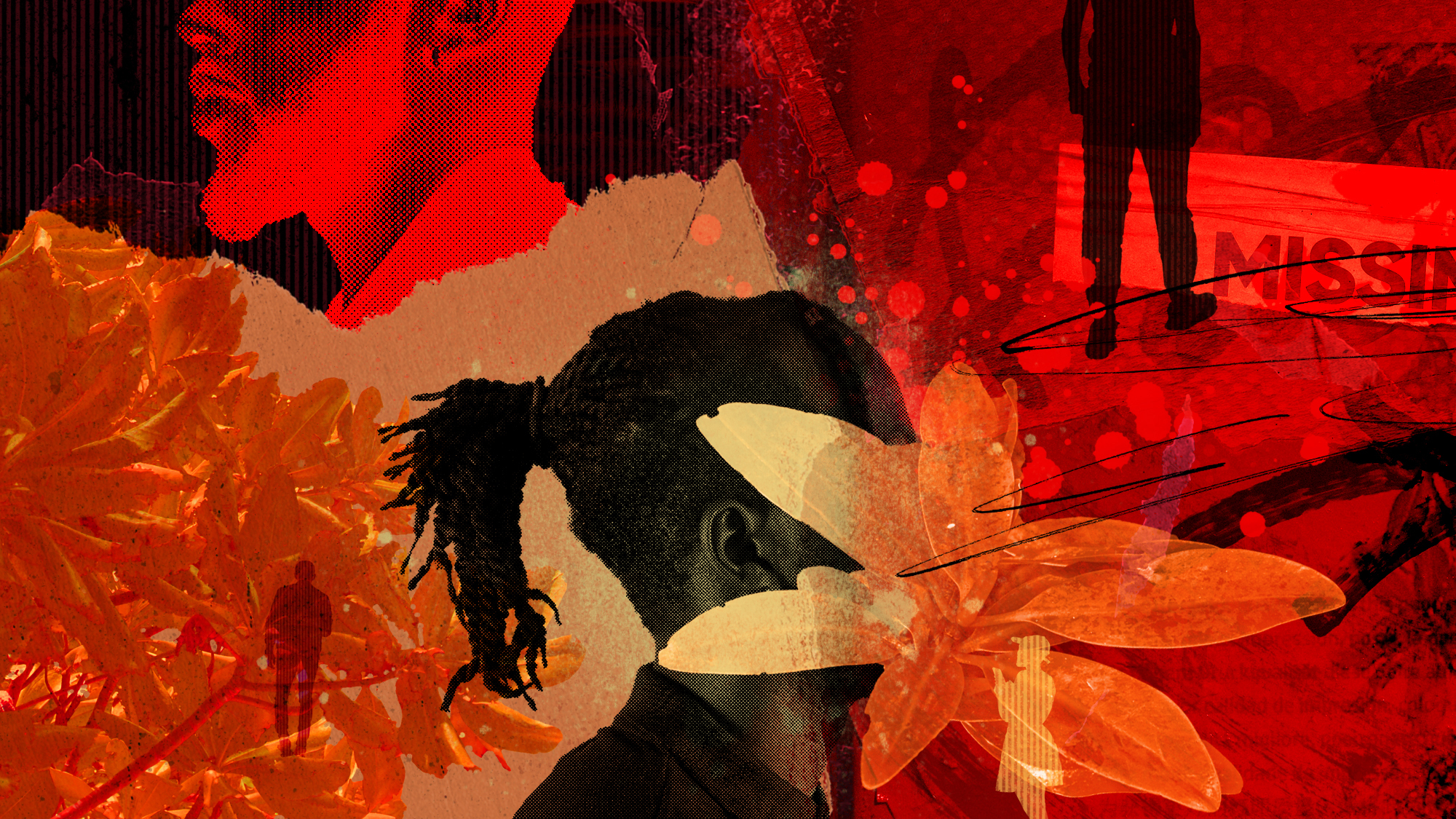 Antigua's disturbing disappearances
Antigua's disturbing disappearancesUnder the Radar Worried families, baffled authorities, and growing concern as the island searches for answers to its missing persons epidemic
-
 Haitian gangs massacre hundreds accused of 'witchcraft'
Haitian gangs massacre hundreds accused of 'witchcraft'Under the Radar Vodou practices blamed for gang leader's son's illness, as elderly are hacked to death in Port au Prince
-
 Inside Marseille's deadly drug wars
Inside Marseille's deadly drug warsThe Explainer Teenage hitmen recruited through social media are lured by money and gang 'brand'
-
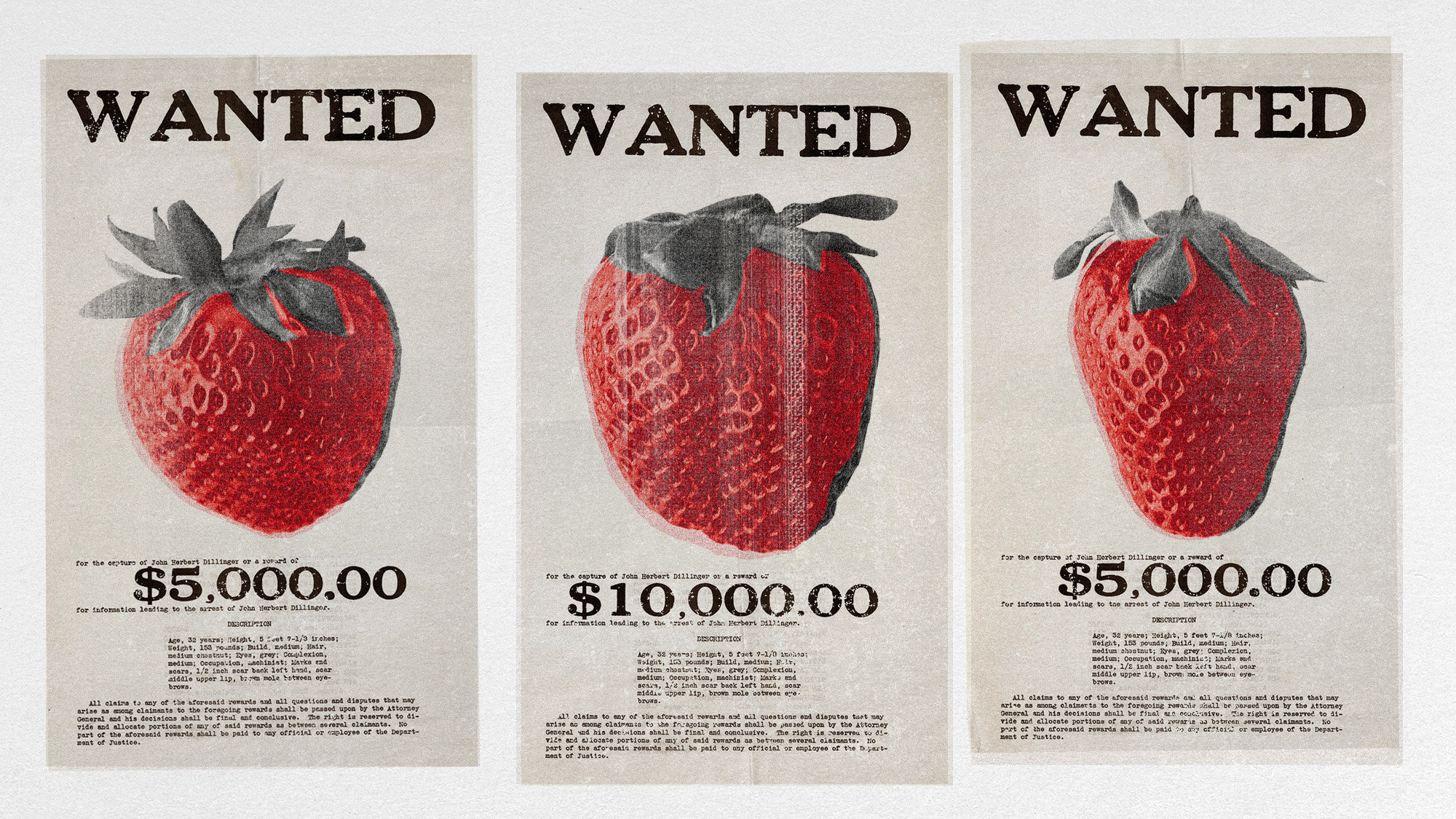 How strawberries are funding crime in Sweden
How strawberries are funding crime in SwedenUnder the Radar Police say illegal fruit sales turn over 'billions' of kronor a year for gangsters
-
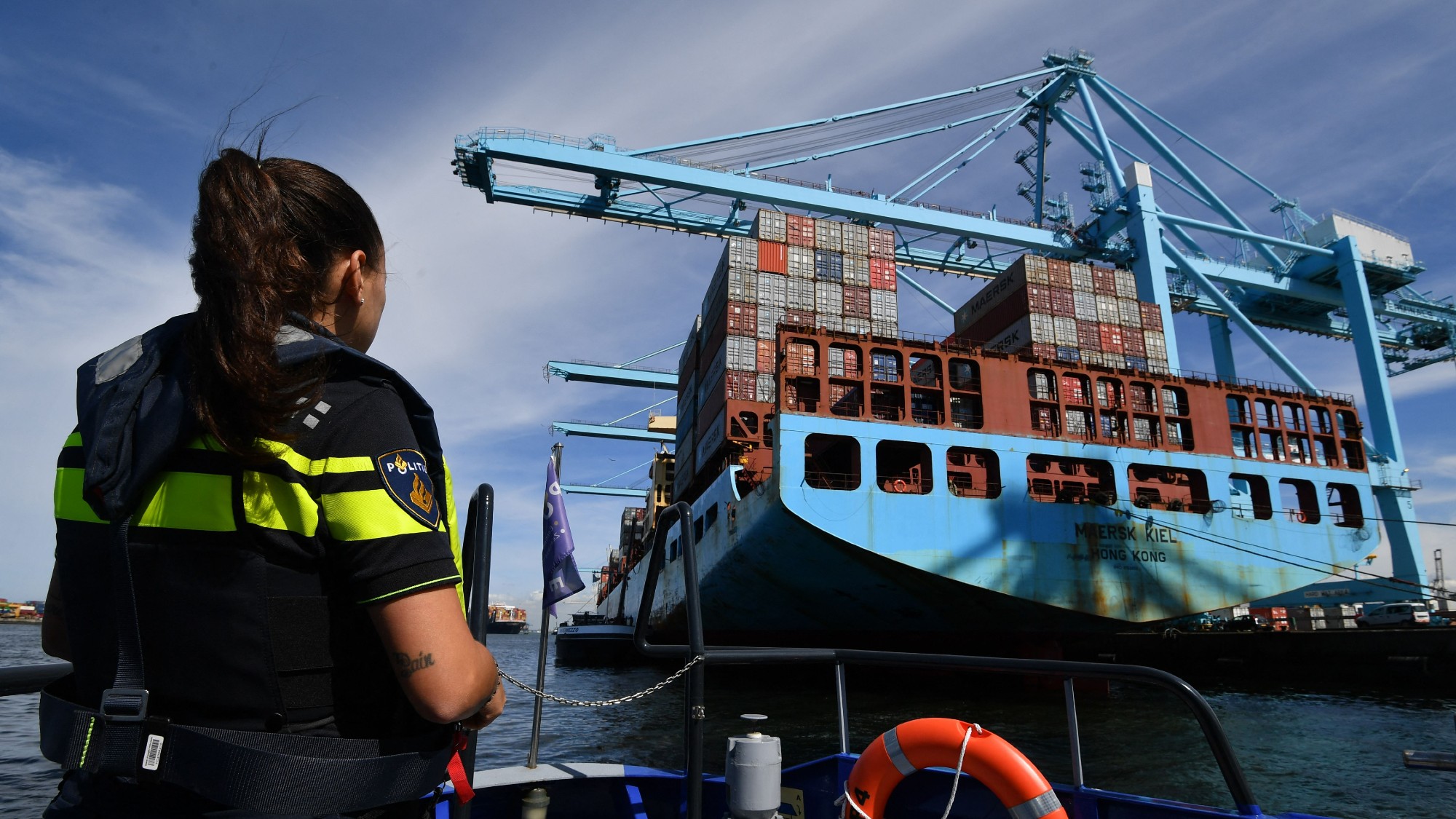 Europe's drug gangs in the spotlight
Europe's drug gangs in the spotlightThe Explainer The illegal narcotics trade is fuelling a surge in gang violence across the continent
-
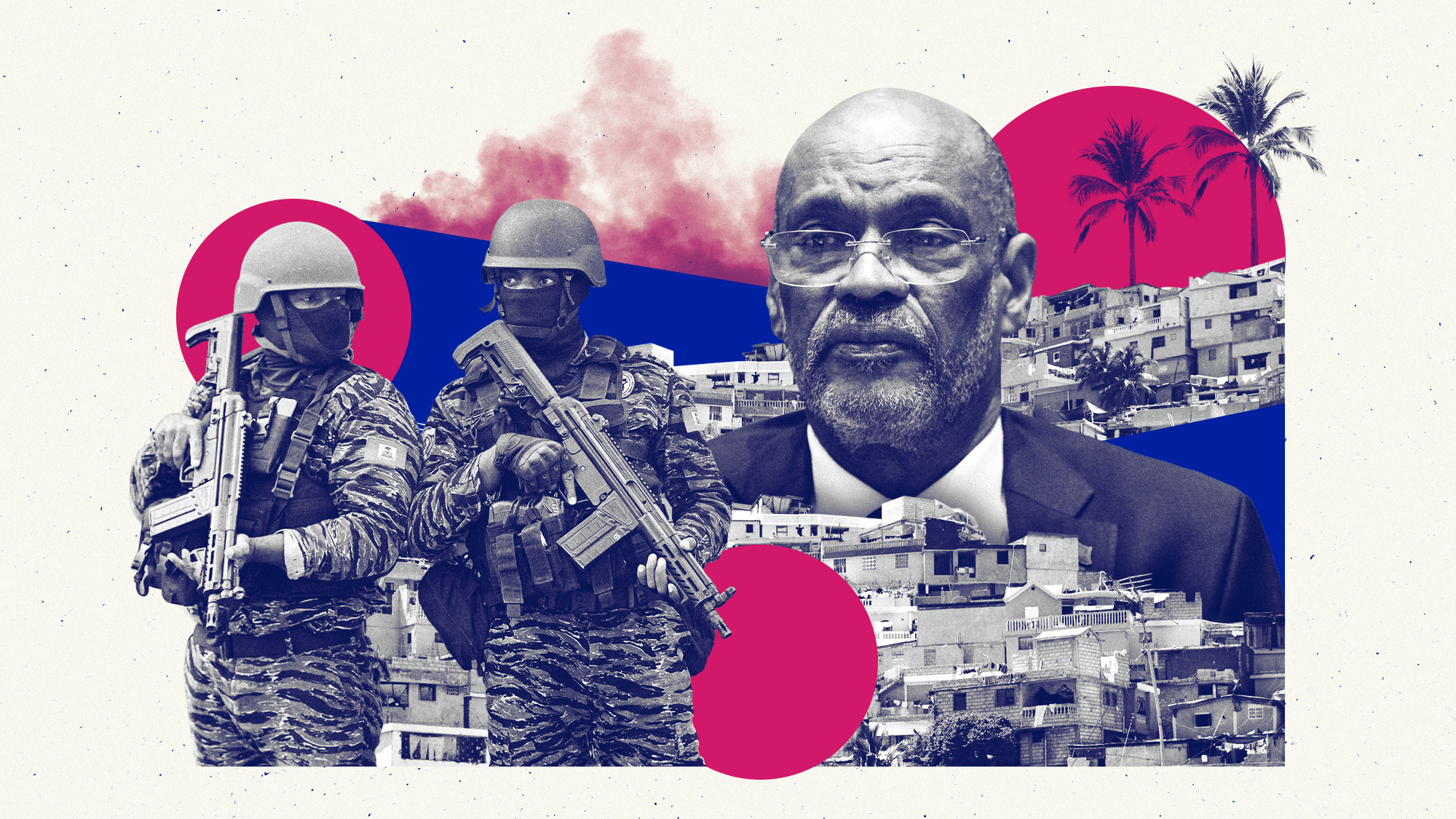 Haiti's mass jailbreak: what do gang leaders want?
Haiti's mass jailbreak: what do gang leaders want?Today's Big Question Gangs hope violence will bring down Prime Minister Ariel Henry amid a growing security and economic 'nightmare'
-
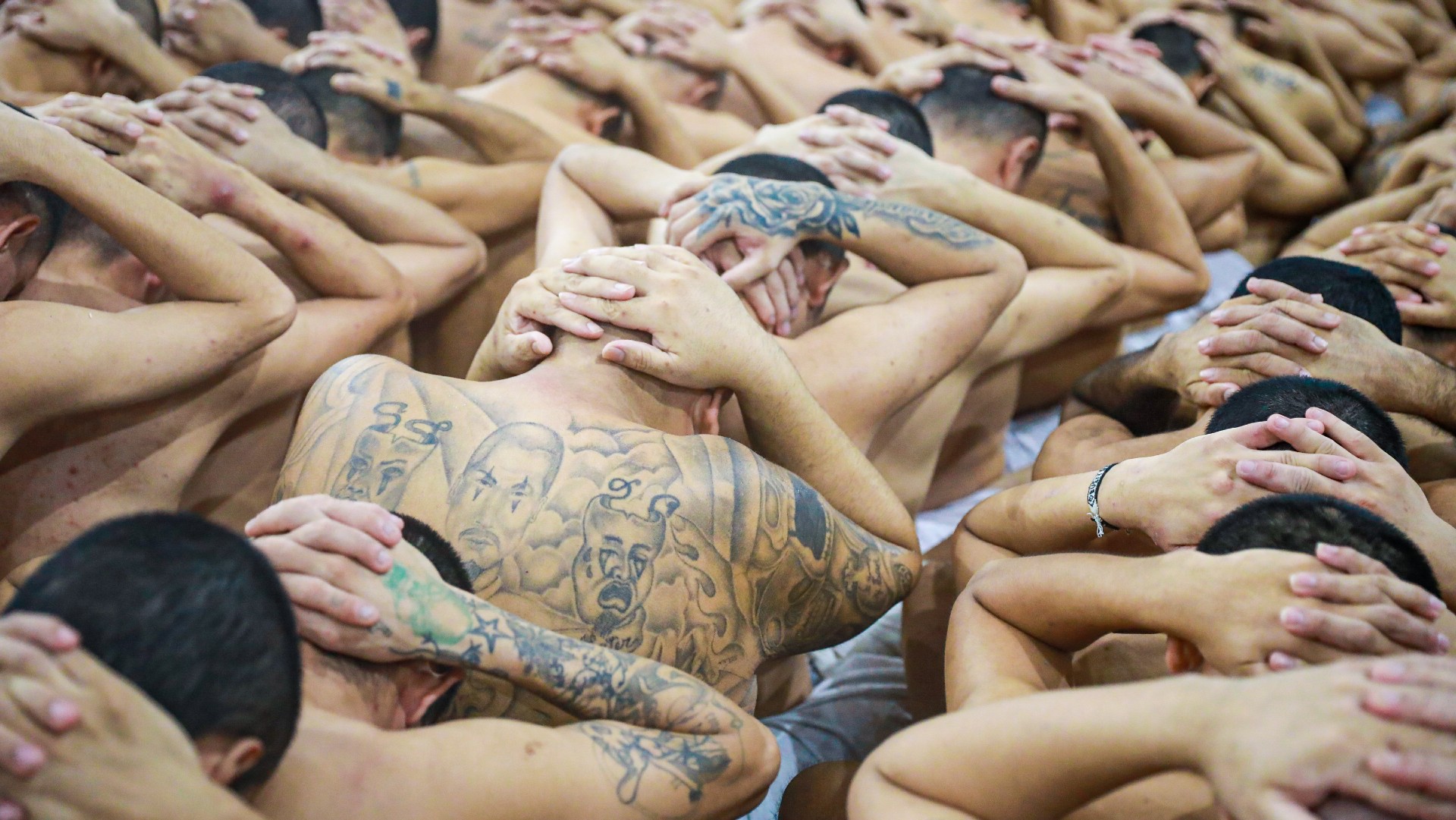 El Salvador’s controversial crackdown on gangs
El Salvador’s controversial crackdown on gangsfeature Populist president Nayib Bukele accused of human-rights violations after mass imprisonment